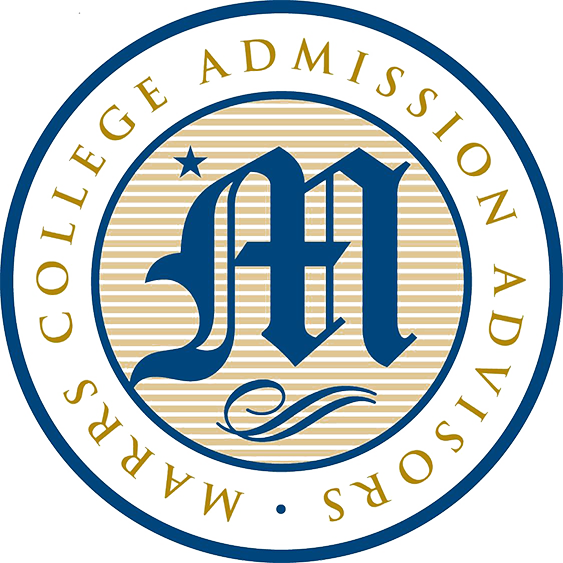College Highlight
Denison University
From the Fiske Guide to Colleges
Less selective than Kenyon, it fashions itself as a sort of Midwestern Haverford. Denison has a middle-of-the-road to liberal student body, fewer preppies than in years past, and one of the most beautiful campuses anywhere. Increasing popularity has helped create a more serious student body.
Denison's general education requirements are comprehensive. Students take two first-year seminars, and then during their four years, two courses each in the fine arts, the sciences (one with lab), the social sciences, the humanities, and a foreign language. Some classes may be double-counted to fulfill oral communication and quantitative reasoning requirements. Students must also complete an "interdivisional requirement" by selecting a course from one of seven interdisciplinary programs, such as international studies or queer studies. The Power and Justice requirement seeks to give students the ability to question their own place in the structures of power and privilege that constitute human societies.
Although economics, communication, biology, and psychology have the highest enrollment, students say some of the best majors are distinctive to Denison. The PPE major is effectively a triple major in philosophy, politics, and economics. The music department features a concentration in bluegrass designed by a faculty member who is an accomplished fiddler. Denison's 350-acre biological reserve is a boon for biology and environmental studies majors, and the computer science and mathematics departments are also strong. New majors in data analytics and global commerce have been added, as has a concentration in narrative nonfiction writing. Courses are rigorous, but a junior says, "While students care about their own academic success, they also care about each other's, and you can always find students in the library studying together." Classes are small—69 percent have fewer than 20 students—and individual attention is the norm. "Every single class I took was taught by a professor who was constantly accessible," says a senior.
Denison's signature Summer Scholar Program provides scholarships for more than 130 students to stay on campus during the summer, earning a stipend to complete 10 weeks of full-time research in collaboration with faculty members. Typically, more than half of the summer scholars are science students. Students rave about the Denison Seminars, small, interdisciplinary classes that are team-taught by two professors and involve a travel component. "I've taken two Denison Seminars," says a history major, "and they were defining classes of my time at Denison." Those with wanderlust can choose from more than 180 programs in 70 countries; overall, 80 percent of students go abroad, about a third of them in short-term, faculty-led programs. The school has also placed an increasing emphasis on career preparation, investing $50 million in the new Knowlton Center for Career Exploration. Those considering a run for office may be interested in the Richard Lugar Program in American Politics and Public Service, which includes political science courses on campus and culminates in a House or Senate internship in Washington. (The former senator happens to be a Denison grad.)
Denison University aims to graduate independent thinkers who become active citizens of a democratic society. The school continues to value tradition—woe to the student who steps on the school seal in front of the chapel, for doing so will cause him to fail all his finals—while growing and evolving to emphasize academics and the life of the mind. A recent graduate says, "Denison does a great job of crossing over and piecing together academic interests, and they have tons of connections in the world to help you succeed after you graduate."

